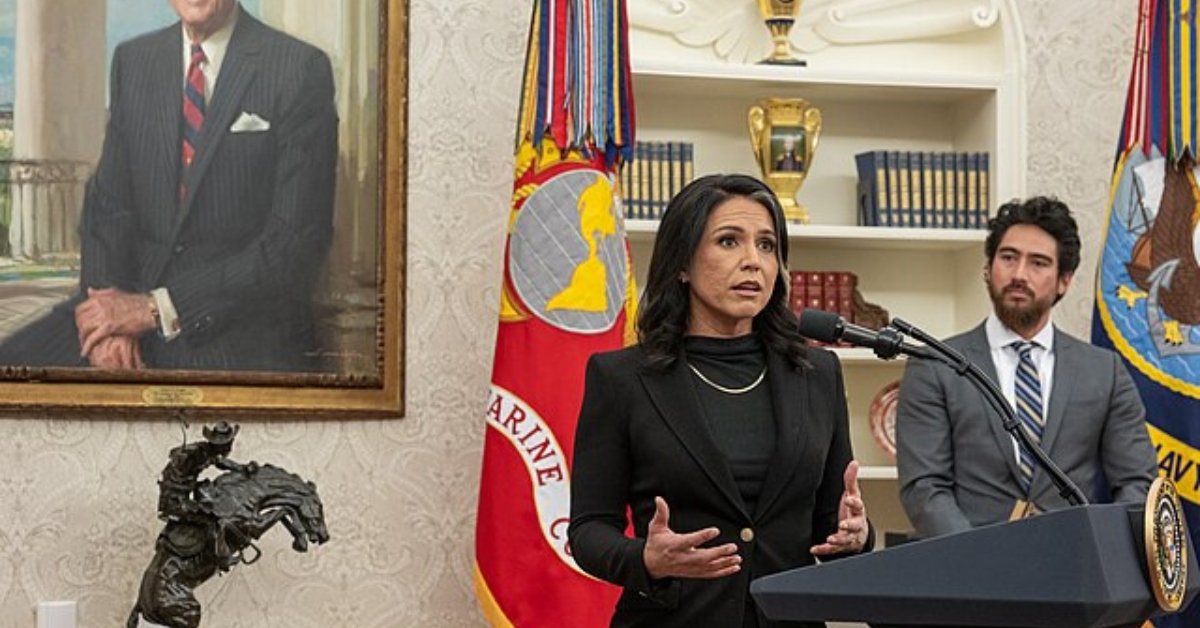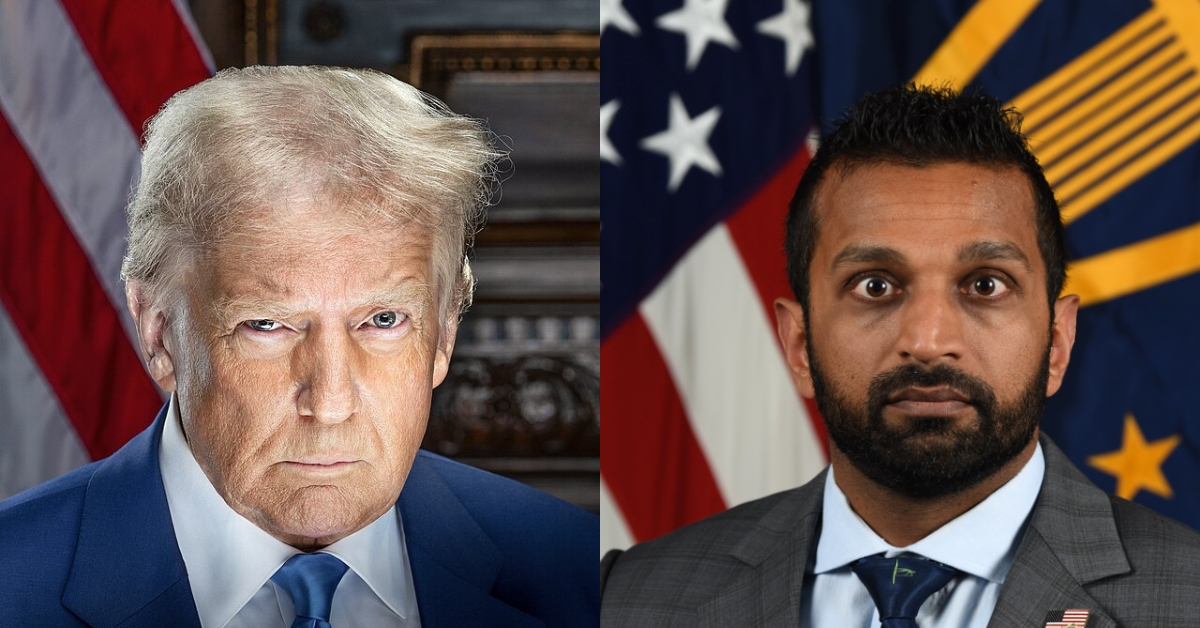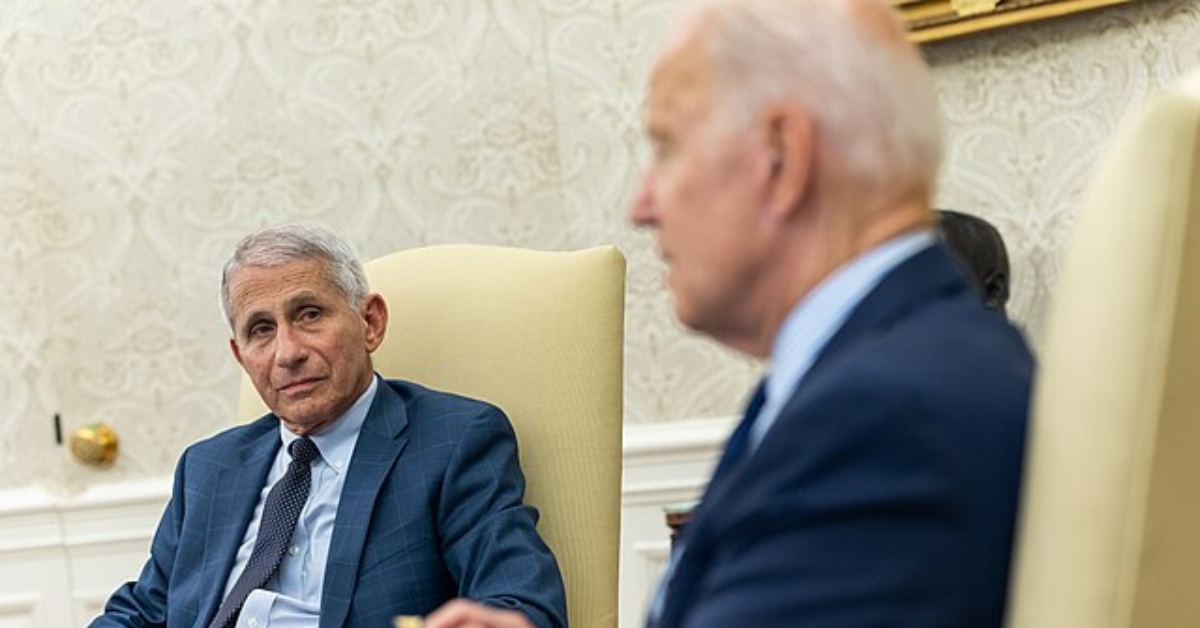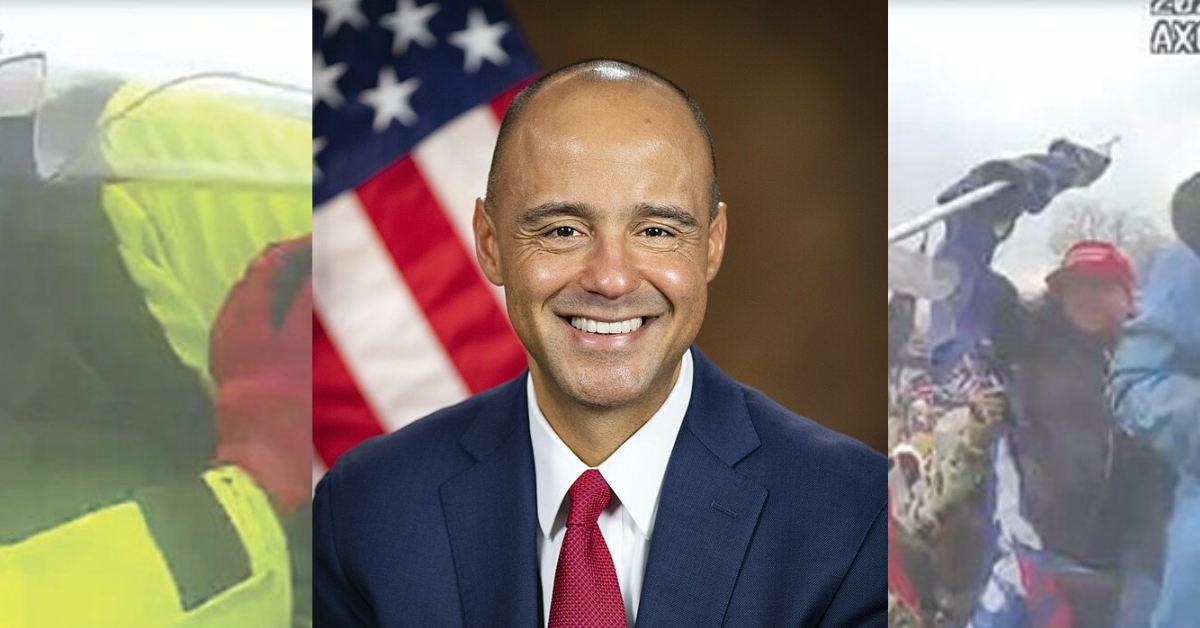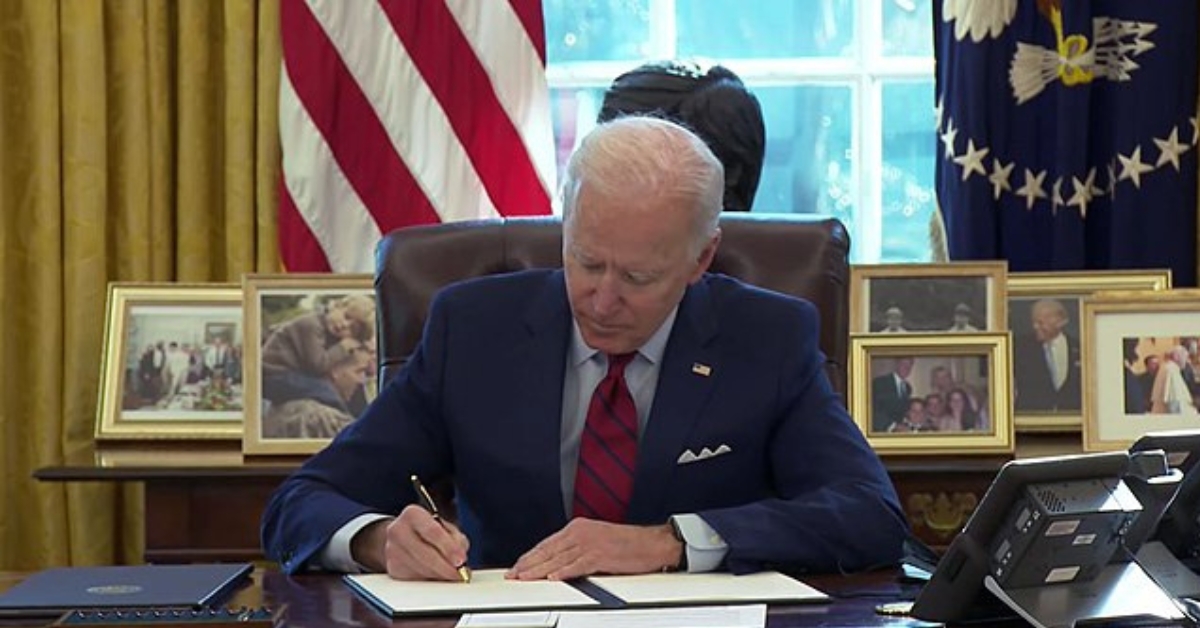
Obscure Commission Pushes States to Restrict Freedom, Enrich Wall Street
In the shadows of American governance, an organization wields influence far beyond the awareness of the average citizen. The Uniform Law Commission (ULC), largely unknown to the public, has become a pivotal force in shaping state legislation across the nation. Originally established with the noble aim of standardizing state laws to ease commerce and legal processes, the ULC has drastically veered from its course, evolving into an advocate for legislation that expands governmental power at the expense of individual freedoms and rights.
The ULC’s journey from a benign facilitator of uniform laws to a promoter of radical legislation encapsulates a worrying trend in governance. Ostensibly, the organization assists legislators in navigating the complexities of the Uniform Commercial Code (UCC), an essential framework that ensures the smooth operation of commerce and finance across state lines. Yet, beneath this veneer of technocratic assistance lies a darker agenda, one that seeks to advance policies detrimental to the liberties Americans hold dear.
Recent initiatives by the ULC, such as the Public-Health Emergency Authority Act (PHEAA), starkly illustrate this shift. This proposed model legislation, poised to turn governors into autocrats under the guise of public health crises, reveals a disturbing readiness to undermine basic civil liberties. The act’s provisions, which grant governors sweeping powers to regulate nearly every aspect of public and private life without meaningful legislative oversight, is a testament to the ULC’s radical departure from its original mission.
Also alarming is the ULC’s involvement in restructuring the rules governing securities and investments in the 1990s. This reconfiguration of the Uniform Commercial Code not only stripped individuals and pension funds of direct ownership over their investments, favoring banks and financial institutions, but also ensured that these same institutions would be first in line to recover assets in the event of a brokerage firm’s bankruptcy. Such changes have not only enriched Wall Street at the expense of the average American but have also placed individual investors in a precarious position, vulnerable to significant financial losses.
The ULC’s advocacy doesn’t stop with financial regulations. It extends to supporting legal frameworks that would facilitate the implementation of a central bank digital currency, potentially granting financial institutions and governmental bodies unprecedented control over personal transactions and privacy.
This transformation of the ULC from a facilitator of commerce into a champion of policies that encroach on personal freedoms and empower financial elites is a microcosm of a broader shift in governance. No longer content with playing a background role, bodies like the ULC now actively seek to reshape American society in accordance with a vision that prioritizes control over liberty.
The time has come for Americans to scrutinize the activities of the ULC and similar organizations. The implications of their work—often conducted away from the public eye—reach far into the everyday lives of citizens, shaping the legal and financial landscapes in ways that may not align with the principles of freedom and individual rights. As the ULC continues to propose and support legislation that threatens the foundational values of American democracy, it is imperative that the public, and their representatives, remain vigilant, ensuring that the quest for uniformity does not become a vehicle for the erosion of liberties.
